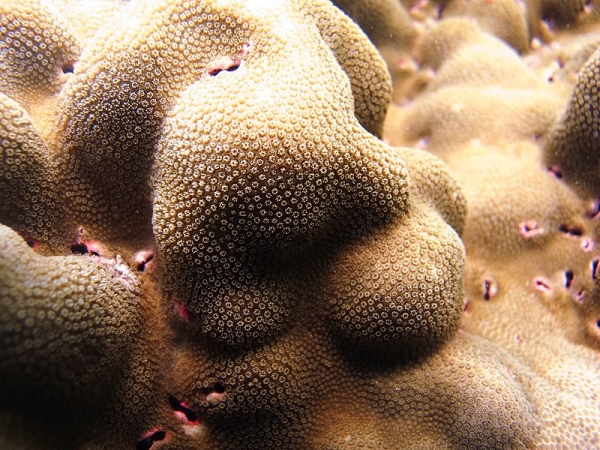A team of marine scientists studying reefs in the Pacific island of Palau have identified genetic subgroups of a common coral species that exhibit tolerance to the extreme heat associated with marine heatwaves.
Coral reefs that protect coasts against flooding and provide food, income and protection for more than half a billion people around the world are under threat from rising sea temperatures, says a paper released by the UN Framework Convention on Climate Change. Between 2009 and 2018, the world lost roughly 11,700 square kilometres of its coral reefs.
Publishing their findings in Communications Biology, the researchers said they found evidence that larvae from these corals travel from their birthing grounds deep in Palau’s lagoons to the outer reef, where they survive and grow.
“Coral can be heat-resistant for different reasons. In the Rock Islands, we know the corals we studied are genetically adapted to high temperatures although we don’t yet know what genes are involved,” says paper co-author Anne Cohen, a researcher with the Woods Hole Oceanographic Institute (WHOI), in Massachusetts, US.
Read more at SciDev.Net
Photo Credit: Ryan McMinds via Wikimedia Commons


